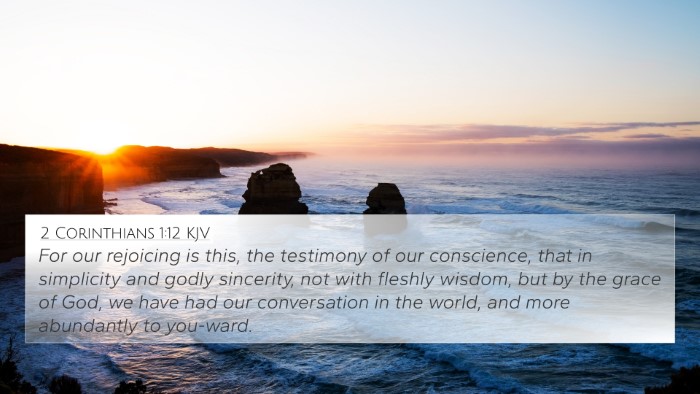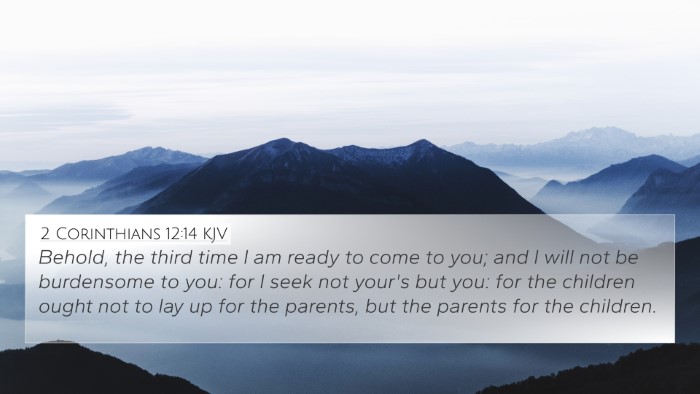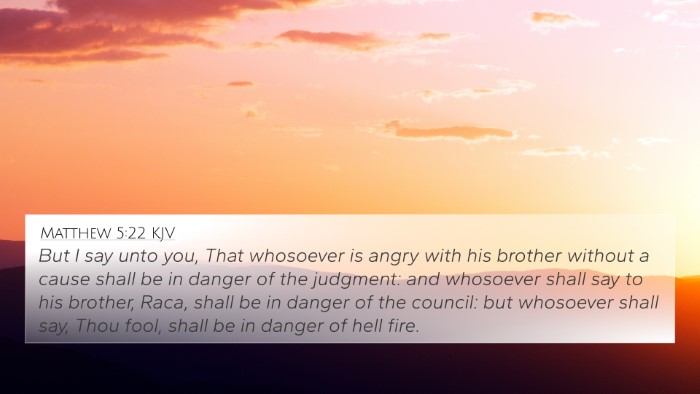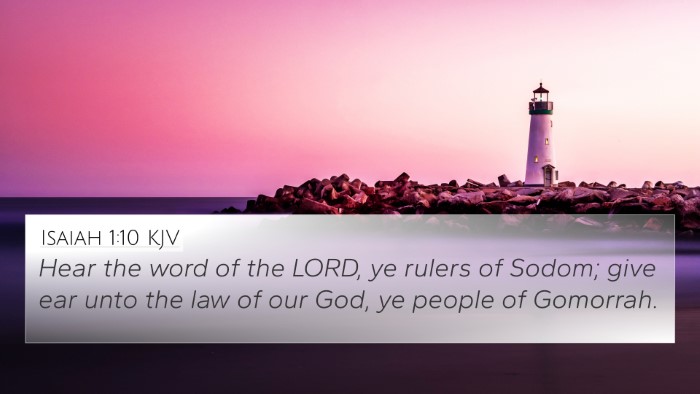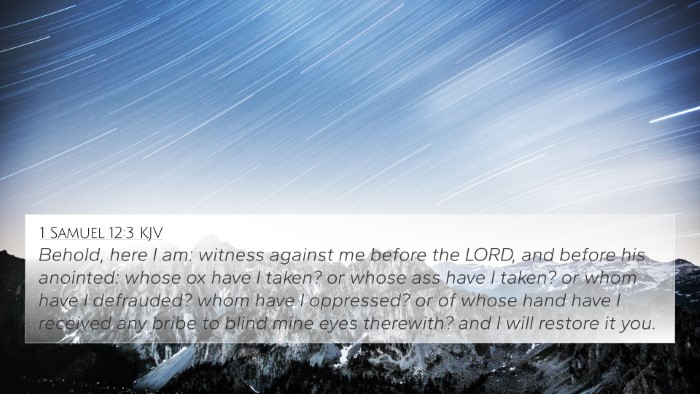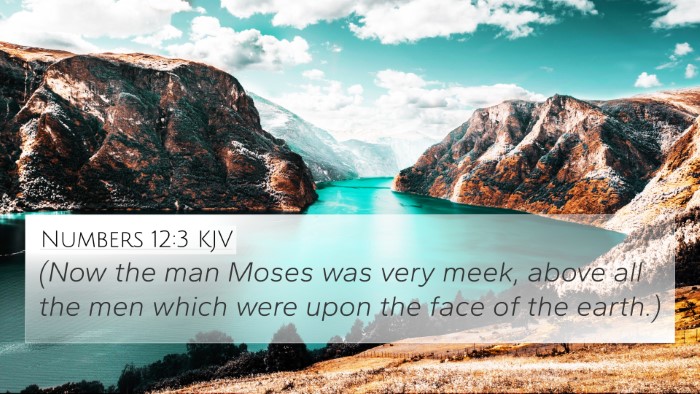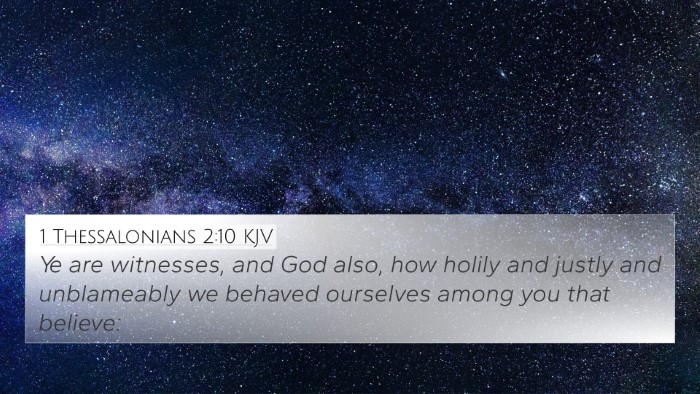Understanding Numbers 16:15
The verse Numbers 16:15 states, "And Moses was very wroth, and said unto the Lord, Respect not thou their offering: I have not taken one ass from them, neither have I hurt one of them." This scripture describes a moment of intense conflict and emotion for Moses as he addresses the rebellion of Korah and his followers.
In this verse, Moses is expressing his frustration and disappointment with those who oppose his leadership and God's chosen direction for Israel. It reveals not only his indignation but also his integrity, highlighting that he has not wronged anyone in his duties.
Key Themes and Interpretations
-
Leadership and Accountability: Moses, as a leader, is reminded of his responsibilities, and his declaration emphasizes that he is not motivated by personal gain or harm to others.
-
Divine Justice: The context of rebellion illustrates the importance of upholding God's commandments and the consequences when this balance is disrupted.
-
Emotional Strain: Moses’ anger reflects the strain that leadership can impose on individuals who strive to align their actions with God’s will amidst opposition.
Commentary Insights
According to Matthew Henry, this verse highlights Moses’ righteous indignation against the insubordination of Korah and his followers. Henry emphasizes that Moses appeals to God not to accept the offerings of those who challenge his divine authority, reinforcing the theme of submission to God’s governance.
Albert Barnes notes that Moses draws a clear distinction between himself and those who rebelled against him. He reveals his character by stating that he has not achieved leadership through selfish motives but rather through divine selection. This claim serves as affirmation of his role as God’s appointed leader.
Adam Clarke expands on this concept of integrity, indicating how this moment serves as an illustration of trust and faithfulness in leadership. Clarke suggests that the heavy emotion Moses experiences is indicative of the weight of responsibility he bears before God and the people he leads.
Cross-References
This verse connects to numerous other biblical texts that expound on the themes of leadership, rebellion, divine justice, and integrity. Below are relevant cross-references:
- Exodus 3:10 - God's appointment of Moses as leader.
- Numbers 16:1-3 - The rebellion of Korah against Moses' leadership.
- Deuteronomy 1:37-38 - Reference to Moses' character and faithfulness.
- 1 Samuel 12:3-5 - Samuel's defense of his integrity as a leader.
- Numbers 20:12 - Consequences of Moses’ actions due to disbelief.
- Psalm 106:16-18 - A reflection on Korah's rebellion and God’s judgment.
- Hebrews 13:17 - Encouragement to submit to godly leadership.
- Acts 7:35 - Reference to Moses as chosen by God to lead His people.
- 1 Peter 5:2-3 - Instruction for leaders to serve faithfully, not for selfish gain.
- James 4:6 - God’s favor upon the humble and resistance to the proud.
Thematic Connections
The thematic connections in this verse serve to link directly with broader biblical lessons on leadership and the consequences of rebellion against God’s appointed leaders. The teachings on humility, accountability, and divine justice resonate throughout scripture and echo through the various narratives of both the Old and New Testaments.
Conclusion
In summary, Numbers 16:15 illustrates vital aspects of leadership, integrity, and divine justice through the lens of Moses' fervent appeal to God amidst rebellion. By studying the surrounding context and leveraging cross-references, one can gain a fuller understanding of the importance of honoring God's chosen paths and the responsibilities of leadership within the community of believers.






